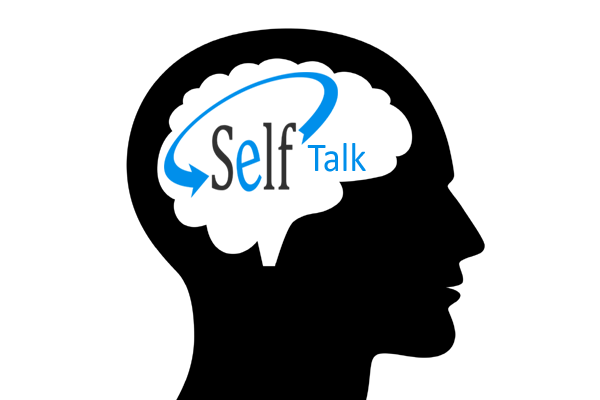

If I understood correctly, for this exercise I can use any other peer assessment-related instance. Therefore, I chose to work on peer assessment in Pixel Art for Video Games course which I study on Coursera. I love art and video games and always experience more emotions when peer assess there or receive feedback. This week I had to peer assess three other students, so there is some material to talk about.
My feelings and thoughts.
Student 1.
Surprised: “I think this person actually has experience in this, why does (s)he need to take the course?”
Excited: “I can take note of some of these ideas and use them later. This pixel art looks fantastic!”
Anxious: “What if most of the other students are at the same level, and I am not good enough?”
Student 2.
Confused: “I don’t think that this is exactly what we were asked to do. The size of the art and number of pixels is definitely wrong.”
Curious: “The choice of colors used in this art is very interesting. Maybe I can find a color wheel with suggestions on how to use different colors, instead of choosing them intuitively?”
Excited: “I would like to play a pixel art game with such illustrations!”
Student 3.
Excited: “Another good art. I hope I will be able to do even better after the completion of this course!”
Relieved: “I feel that we are at the same pace. It means, that there are many other people like me, and it was a mistake to worry that I will not be able to learn this.”
Concentrated: “There are many tiny details. It’s very difficult to draw so many when you are limited by the size of a pixel art picture. I should probably remember some of these ideas.”
Judgments about the author.
Student 1 must be a skilled artist – you cannot achieve the same level of drawing pixel art without any experience, just using your talents. Therefore, he or she must be studying this course just for fun or needs a certificate of completion for the CV letter. I also think that he or she was probably trying to show off because there are much more objects drawn than required in the assignment.
Student 2 is a perfectionist because he or she was trying to “decorate” the art and it led to a bigger number of pixels used. This student has aesthetic sensitivity because he or she can find interesting “color” decisions. It must be a gamer or a fan of old-school computer games.
Student 3 is very hard-working. He or she must have spent a lot of time on this assignment and definitely observed a lot of references before starting drawing.
Judgments about myself.
I found myself repeating “this is such a good idea” and “this is an interesting decision” every time I saw another student’s work. Even at those moments when the result was not matching the initial task, I could see something I should learn and remember from what I saw. At the same time, I was not angry or jealous – I was just open to learning new things, which is a very good thing. In fact, in the past, I could be envious in such situations, but after working a bit on myself I don’t feel so.
Still, I need to reflect on my sense of justice. When I realized that some of my peers were not at the same level as me and will judge me from their “superior” position and experience, I felt it was not quite fair. Deep inside I understand that it is good to receive their feedback and learn from them, but my first reaction might be a disappointment as soon as I don’t feel that we are equal in this study situation. This is not a correct reaction, and I need to work on changing such beliefs.
In the process of self-talk, first I tried to convince myself that it is good, that I can learn from the students who have more knowledge and experience in the topic. However, it was not very helpful, and even made me a little sad – there were such thoughts, as “they do not have any right to study with me, they need a more difficult course which is not made for beginners like me”. The only thing that helped me to start (I’m still in the process) overcoming this negative attitude was explaining to myself, that I should be more open-minded and be ready to learn harder not only from the instructors but also from other peers.
This week I learned about self-talk, and that even though our mind usually sticks to bad events, we can still concentrate on something positive. Negative self-talk can be challenging, and I realized that this can be very useful in my daily life to analyze situations. I also learned that my thoughts are not equal to actions and that they can be complex. They do not really show, what kind of person I am – if I have bad thoughts, it doesn’t make me a bad person, and vice versa. I can analyze what I think, make sense of my thoughts and learn how to use them to my advantage.
